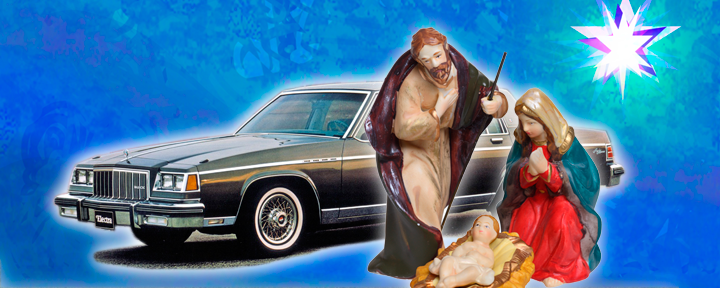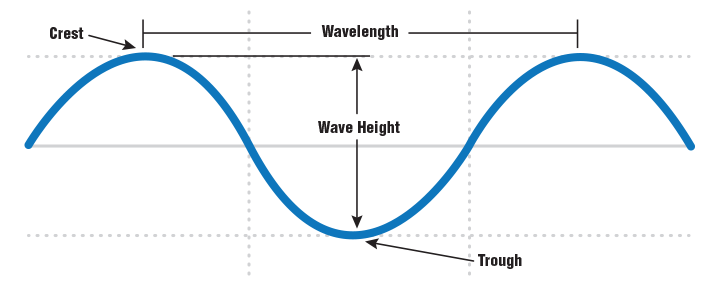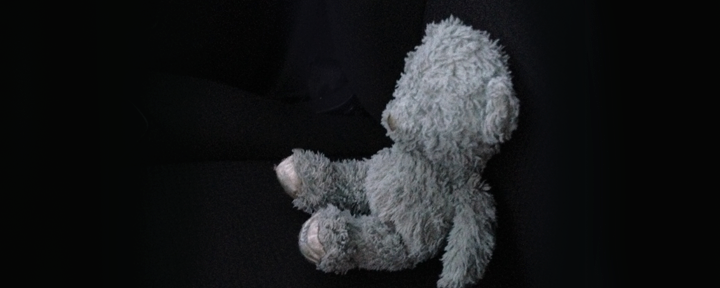
I’ve said it before. I love coffee. I love its smell. I love its taste. And while I’m quickly becoming something of a coffee snob, I do like a Caramel Macchiato or Pumpkin Spice Latte as much as the next person. In fact, I was recently introduced to my new favorite coffee drink…the Mexican Mocha.
The Mexican Mocha is a typical café mocha (espresso, steamed milk and chocolate) with the addition of cinnamon and Cayenne pepper. It burns on the way down, but that’s what is so awesome about it. It’s coffee with a kick.
Now the coffee shop where I get my Mexican Mocha is 20 minutes away from my house and they charge $4 per cup, so I started experimenting with the ingredients to try and make my own version at home.
I’d pour a cup of coffee, add some sugar, add some milk, stir in some chocolate and shake in a good amount of cinnamon. When it comes to the Cayenne pepper however, I’d get really nervous. Frankly, a little Cayenne goes a long way. I mean, there’s a fine line between spicy and painful. So, somewhat naturally I guess, I’d never put enough Cayenne pepper in my drink. Finally, one day I just went for it, threw caution to the wind, and shook that little Cayenne pepper shaker for all it was worth.
From this experience I developed a philosophy.
Life is a Mexican Mocha. Don’t fear the Cayenne.
You see, for a Mexican Mocha to be a Mexican Mocha I had to let it burn.
Without the full amount of cayenne, it’s just a sweet, chocolaty cup of coffee. And yes, there is always the chance that I’ll put too much Cayenne in there one day. It may be somewhat painful. But without the risk, there is no reward.
There is a scale for measuring the amount of spice in a pepper called the Scoville scale. It was developed in 1912 by American pharmacist Wilbur Scoville. Basically, a dried pepper is dissolved in alcohol to extract the heat components, then diluted in sugar water. The extract is tasted by a panel of trained testers. The level of heat is then ranked in Scoville Heat Units.
A cayenne pepper has a rating of approximately 40,000 SHUs. But it is not nearly the hottest pepper in the world. In 2007 the Guinness Book Of World Records certified the bih jolokia (known more affectionately as the ghost pepper) as the hottest pepper in the world at roughly 1,000,000 SHUs. In 2011 the Infinity Chili pepper took over as hottest but was quickly surpassed by the Naga Viper pepper. Then in 2012 the Trinidad moruga scorpion claimed the title only to be bested in 2013 by the current record holder the Carolina Reaper which clocks in at an amazing 1,569,300 SHUs.
So, while it’s possible to get a bit too much Cayenne in my Mexican Mocha, it’s never going to be as painful as a coffee mixed with ghost pepper.
Do fear the Carolina Reaper.
All of this begs the question, what is the Scoville scale in your life?
If you’re like most people, you carry around a ton of baggage. We’ve all been hurt or been through painful experiences. Sometimes we carry those memories around with us for the rest of our lives. Someone we cared about hurt us. A spouse betrayed a trust. A business associate lied. He didn’t remember my birthday. She was unkind. We felt let down. Wronged. Forgotten. Abused.
Often the very people we love the most have the ability to hurt us the most. And really, that makes sense doesn’t it? Because love is the radical act of opening up our heart to someone. It’s exposing all of ourselves to them, the good and the bad and asking them to accept us for who we are.
Love is an extra few shakes of Cayenne in our coffee.
If you’ve ever been to a wedding, you’re probably familiar with 1 Corinthians 13. For most people, it’s the go-to definition of love.
Love is patient, love is kind. It does not envy, it does not boast, it is not proud. It does not dishonor others, it is not self-seeking, it is not easily angered, it keeps no record of wrongs. Love does not delight in evil but rejoices with the truth. It always protects, always trusts, always hopes, always perseveres. Love never fails.
Love keeps no record of wrongs.
Love has no Scoville scale for the pain in our lives.
Love doesn’t keep some mental list of all the things they said or didn’t say, ready to play them back at will. Love forgives…and forgets…and moves on. Love is reconciliation.
This is of course, in a healthy relationship. In a healthy relationship, people forget to take out the trash, make an unkind remark, or generally make a fool of themselves. Then the two parties talk, and apologize, they make amends and move on with their lives. But what about unhealthy relationships? What about people who are dangerous and toxic?
Proverbs 26:11 says,
Like a dog that returns to his vomit is a fool who repeats his folly.
Some people are abusive and manipulative. They take you on massive guilt trips. If you let them, they will hurt you again and again. They will return to their vomit over and over and you don’t have to be there when they do.
You don’t.
Jesus says, “Love your neighbor as you love yourself.” Sometimes forgiving isn’t always forgetting, is it? Sometimes in order to honor the beautiful creation of God that you are, you have to set up some boundaries. Maybe you agree that there are topics you just won’t speak about. Maybe you have to limit your time together. Or maybe you have to walk away. Some people you can only love from a distance.
Love is patient, love is kind. It does not envy, it does not boast, it is not proud. It does not dishonor others, it is not self-seeking, it is not easily angered, it keeps no record of wrongs. Love does not delight in evil but rejoices with the truth. It always protects, always trusts, always hopes, always perseveres. Love never fails.
*****
Love, like life, is meant to be experienced fully in all its complexity, all its flavor, all its joy and even all its pain. May you find those people and places in your life where its safe to be yourself, fully invested and fully alive. A place where there is no record of wrongs. No Scoville scale of pain. A place of peace, and hope, and a life lived with more than a bit of reckless abandon.
Love is a Mexican Mocha. Don’t fear the Cayenne.











